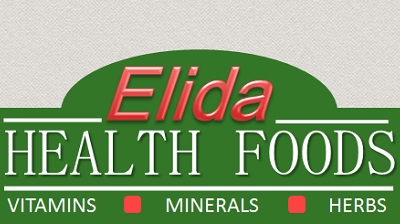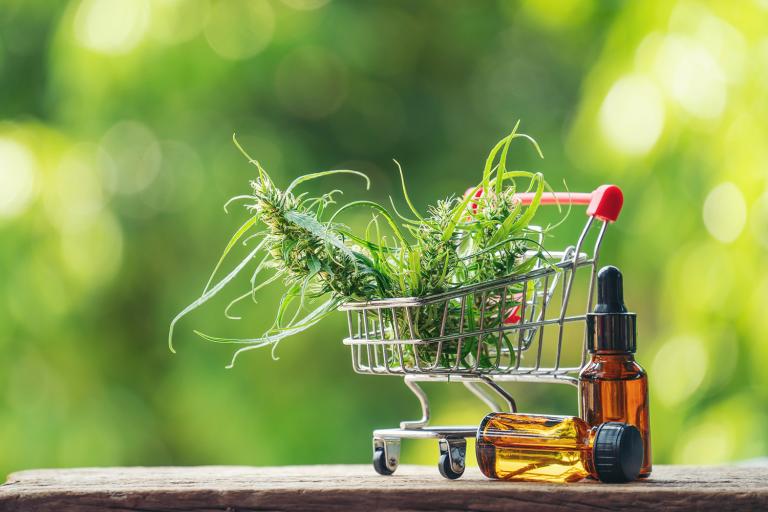Congressional passage of the Farm Bill in 2018 launched the hemp industry into hyperdrive, and with it the sale of CBD, a powerful cannabinoid that is found in both hemp and marijuana.
Reputed to contain healing properties that reduce stress, alleviate pain, and provide a good night's sleep, tens of thousands of products have appeared online and in stores, making outrageous and illegal claims.
Here's what you need to know to make a wise purchase.
Issues Around Hemp and CBD
First, the politics.
Why Does The FDA Consider CBD a Drug?
There's a political power struggle brewing over CBD between pharma and everyone else with a vested interest. The FDA believes that since they approved the drug Epidiolex--which contains CBD in an isolate form--the law requires all CBD to be categorized as a drug.
Why Aren't CBD Supplements Regulated?
If an ingredient first becomes an approved drug, it can never be a dietary supplement.
The dietary supplement industry and hemp industries disagree. A lack of clarity is what enabled the sale of subpar products.
How to Avoid Bogus CBD
Do your research. Only buy from a trusted source.
-
Pay Attention to Branding
-
Certificate of Analysis
Visit the company's website and look for a Certificate of Analysis (COA). The COA, while not foolproof, demonstrates transparency. Hemp cleans the soil, absorbing heavy metals and pesticides. A COA provides test results for both, and confirms ingredient identity.
-
CBD vs. Hemp Oil
Be aware that the terminology is changing rapidly. Quality companies are moving away from labeling their products as CBD, in exchange for these terms:
-
hemp oil concentrate
-
full-spectrum hemp (a hemp extract with less than 0.3 percent THC)
-
broad-spectrum hemp (all THC has been removed through processing)
-
-
Avoid Hemp Seed Oil
Don't buy products labeled as hemp seed oil. The cannabinoids you seek are only in the plant, not the seeds. Many of the hemp products marketed as CBD are derived from hemp seed oil.
-
-
Read the Label Carefully
-
Avoid Disease Claims
Do not buy a product that claims to treat, cure, or mitigate disease. It's illegal to say those things. If it seems too good to be true, it is.
-
Look for Contact Info
Read the label. It needs a lot number and company contact information. There must be someone you can call with a question, report an adverse reaction, or contact in the event of a recall.
-
Check the Dosage
The label should include a recommended dose. Many products don't.
-
Spot Fraud and Deceit
If the label says it's been approved by the FDA, walk away. The FDA doesn't approve dietary supplements.
-
-
Use a Trusted Source
-
Avoid Online Retailers
Don't buy CBD on Amazon, the largest of all gas stations. We've tested their products: They aren't what you want.
-
Consult a Dispensary
Do seek guidance from practitioners trained to prescribe medical marijuana when available. Many dispensaries carry quality CBD products derived from hemp.
-
Always Check with Your Doctor
Remember, if you are seeking treatment for serious health issues, consult with your personal physician.
-
More Information
You can track these issues on Organic & Natural's Facebook page.

